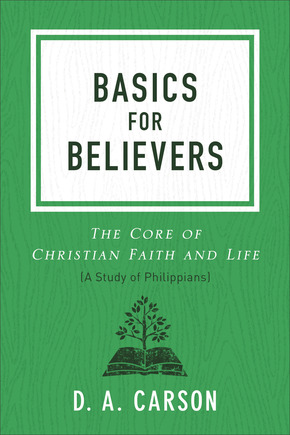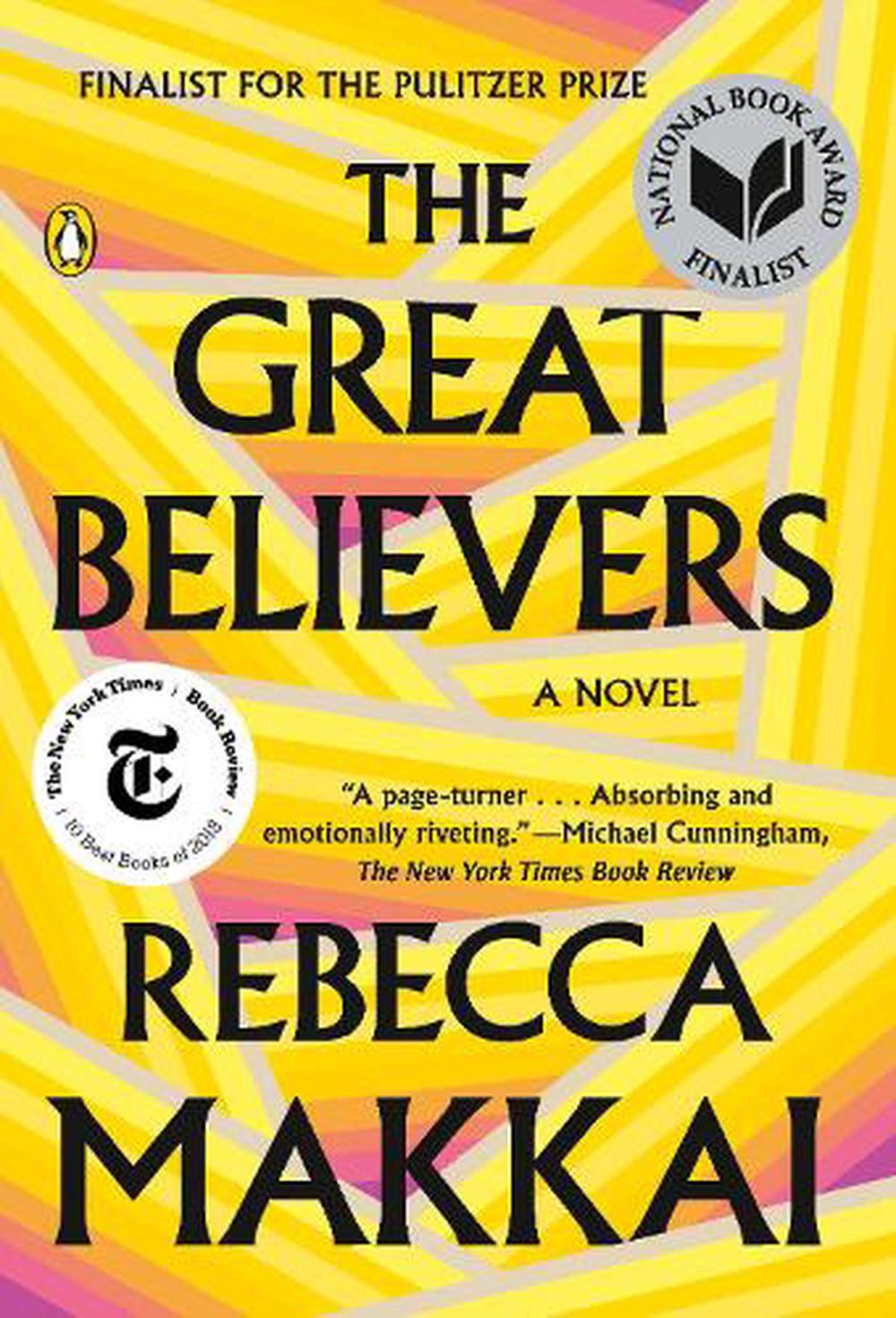

But the better we know Fiona, the more we understand how her entire life - including her struggles as a mother - reverberates with the force of the events Yale is living. Initially, Fiona's present-day narrative may read like a needless tangent from Yale's more compelling story. A supporting character in the 1980s sections, she's the focus of the 2015 sections, in which she travels to Paris seeking her estranged daughter, who has become involved with a cult. One person lucky or unlucky enough to remember is Fiona Marcus, the adoring younger sister of Yale's late friend. Midway through the book, he will imagine being questioned about the era decades later: "He'd be the world's luckiest man to stand there at the end of it all, to be the one left, trying to remember. Time travel, says a character at one point, is "devastatingly easy! All you have to do is live long enough!" It may sound like a lighthearted proposition, but we soon learn that, for some, long life confers crushing burdens.Īs the novel opens in 1985, protagonist Yale Tishman, a young "development guy" for a university art gallery, is mourning the first of his good friends to die of AIDS. tending the graveyard alone."Ĭomposed of two alternating narratives - one starting in 1985, the other in 2015 - The Great Believers hops back and forth in time like memory itself.

One character has been "living for the past thirty years in a deafening echo.

Her marvelously absorbing novel is itself a meditation on what it means to survive to write such accounts, to carry through life the legacy of the lost. In the note, she points us toward the "direct, personal accounts" of those who were there. Getting the facts right, of course, is a must Makkai has documented her research at length in an author's note and a recent Literary Hub essay. Taking us back to the years when an AIDS diagnosis was a rapid death sentence, it chronicles the devastation of Chicago's gay community. How do you write about a historical chapter that many living people still remember with the searing power of loss? Part-time Vermonter Rebecca Makkai faced that challenge with her third novel, The Great Believers. The Great Believers by Rebecca Makkai, Viking, 432 pages.


 0 kommentar(er)
0 kommentar(er)
